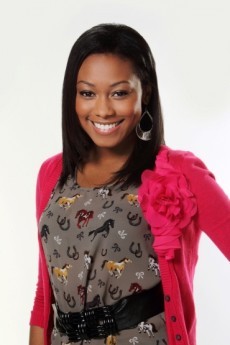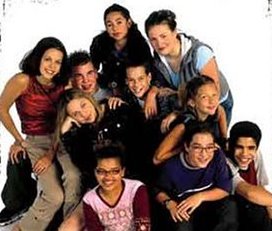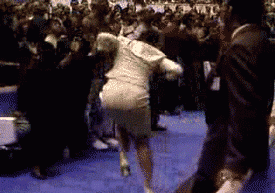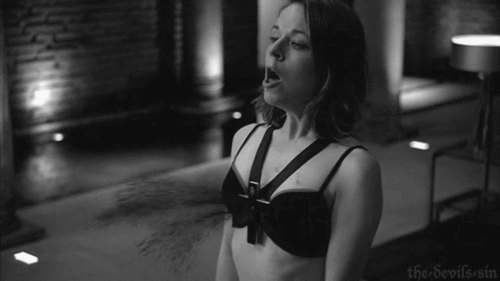Great news, readers!
As 2012 comes to a close, I am really humbled that so many of you voted for me to appear on the GoodReads African American Gay Romance list! Epiphany has been voted number one, Covenant has been voted number two, and Lazarus has been voted number five!
Listopia uses a formula that somehow multiplies number of votes with rankings and reviews….hell, I don’t know how it works, but I am glad that it puts the power in the hands of the readers! Self-published authors rarely get that courtesy.
By the end of the day, this list could change and another worthy author could be on top. But I’m just glad that right now, at this moment in time, my readers thought enough of my work – and of the epic love story of Adrian Collins and Isaiah Aiken – to vote for it and share it with the world. Thank you for giving my books this shine. Adrian and Isaiah appreciate it!
To vote for your favorite black gay romance novels, click here!










